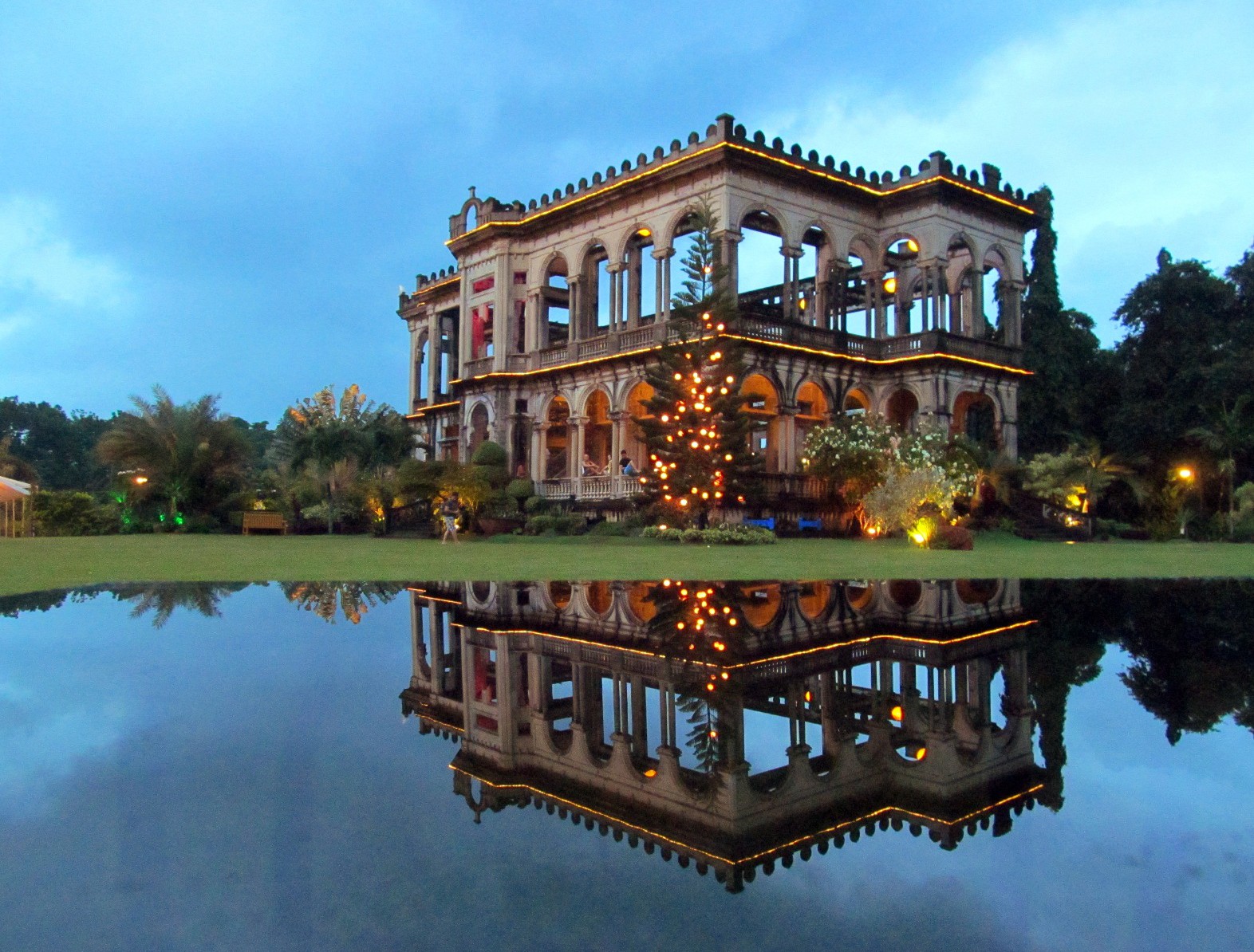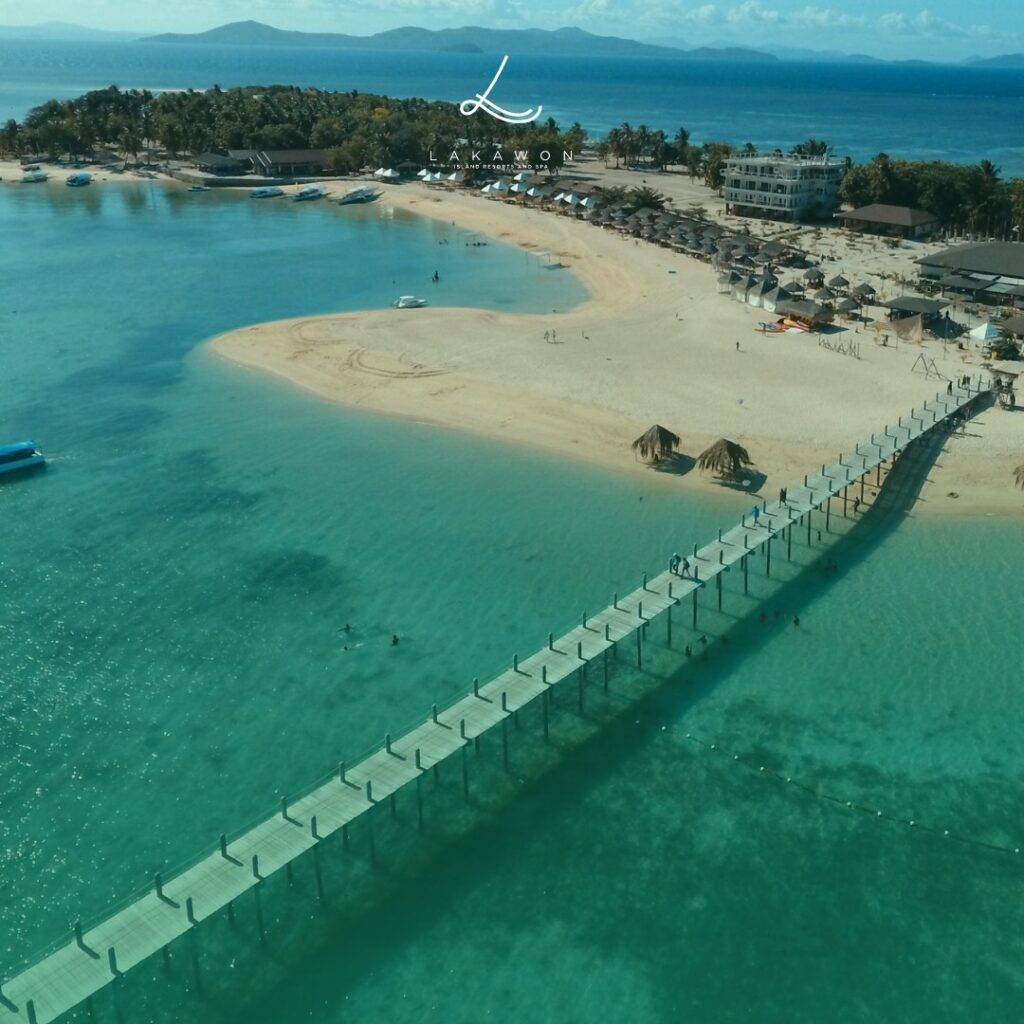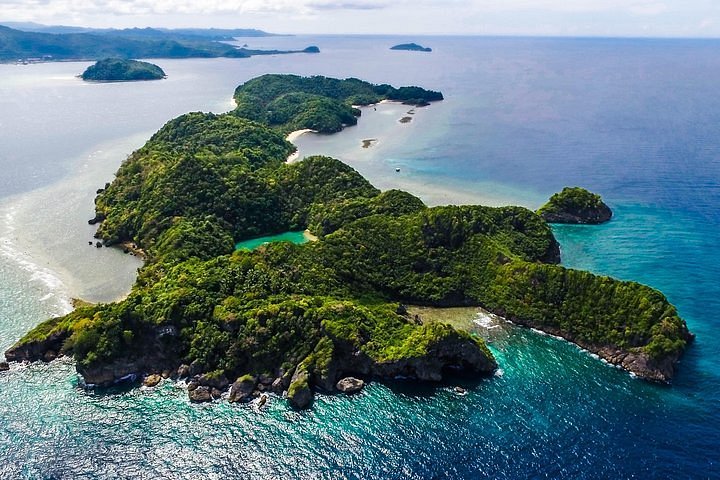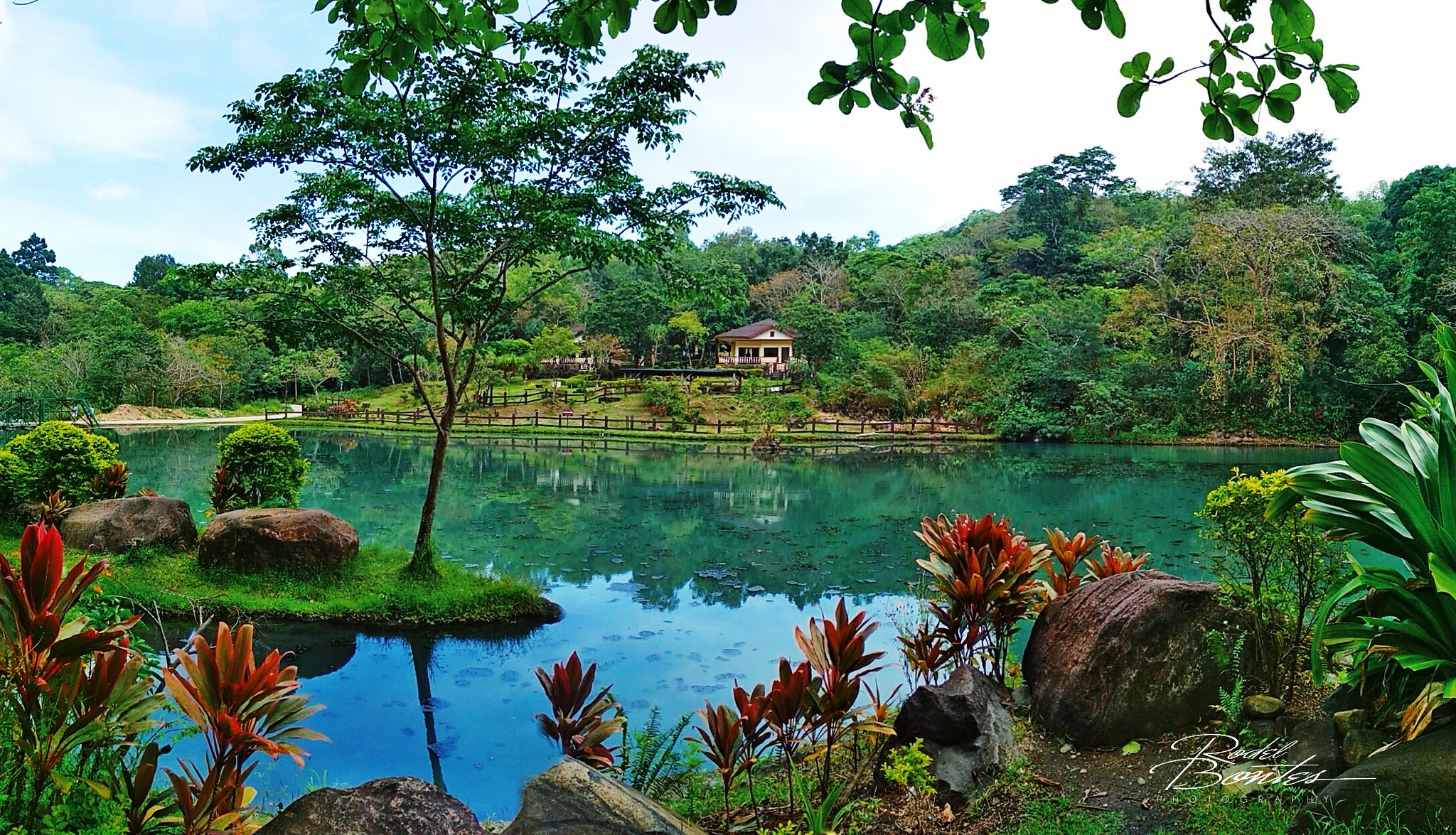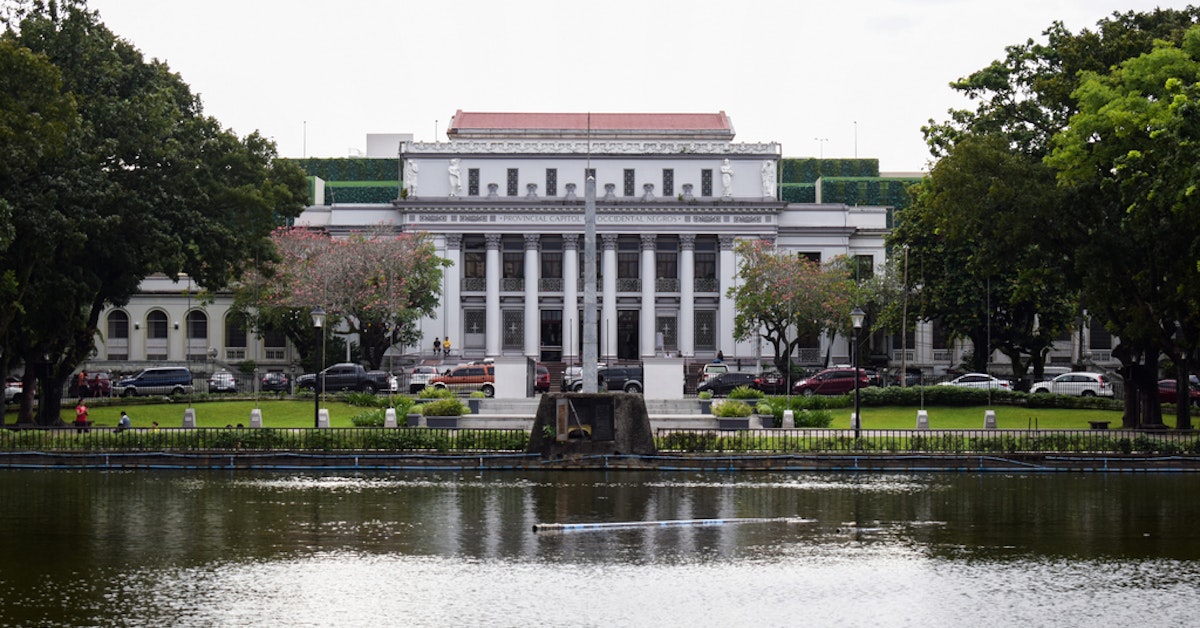NEGROS OCCIDENTAL
Negros Occidental, a province in the Philippines, is celebrated for its rich history, sugarcane plantations, and distinctive culinary offerings, particularly its sweet desserts and chicken Inasal. The region is also known for its charming heritage houses and the MassKara Festival, showcasing its vibrant culture and history. Visitors can explore natural attractions, enjoy local cuisine, and experience the warm hospitality of its people.

